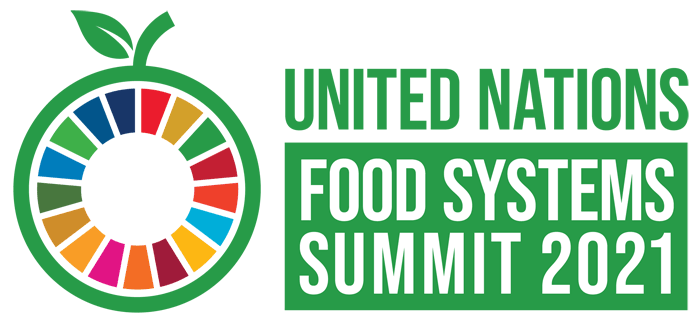top of page
Beyond Urban Agriculture
About
At the occasion of the United Nations (UN) Food Systems Summit 2021, UNEP and Yale Center for Ecosystems + Architecture (Yale CEA) are co-hosting a series of panel discussions and presentations on the potential for synergistic ecosystemic benefits of urban agriculture and green infrastructure.
The Yale Center for Ecosystems + Architecture (CEA) is a multidisciplinary research venture led by the Yale School of Architecture, and Yale School of Forestry & Environmental Studies, to develop transformative systems for the Built Environment. Alongside our partners in the Architecture, Engineering, and Construction (AEC) Industry, CEA seeks to address the complexity of transitioning global construction patterns by bringing together deep expertise of current practices with radically new socio-economic and technical approaches. We prioritize the requirements of living ecosystems towards buildings and cities that support biodiversity with an integrated approach to clean energy, water, air and material life cycles.
CEA Team: Anna Dyson, Hind Wildman, Mohamed Aly-Etman, Christina Ciardullo, Phoebe Mankiewicz, Savan Parikh, James Ankenman, George Graham, Sheldon McLeod
Team

UN Environment Programme is the leading global voice on the environment. It provides leadership and encourages partnership in caring for the environment by inspiring, informing and enabling nations and peoples to improve their quality of life without compromising that of future generations. UN Environment works with governments, the private sector, civil society and with other UN entities and international organizations across the world.
UN Environment team: Sophie Loran, Catherine Beltrandi, Marina Bortoletti, Irene Fagotto, Maria Jose Baptista

The UN Food Systems Summit was announced by the UN Secretary- General, Antonio Guterres, on World Food Day last October as a part of the Decade of Action for delivery on the SDGs by 2030. The aim of the Summit is to deliver progress on all 17 of the SDGs through a food systems approach, leveraging the interconnectedness of food systems to global challenges such as hunger, climate change, poverty and inequality.

The International Resource Panel (IRP) was launched by the United Nations Environment Programme (UNEP) in 2007 to build and share the knowledge needed to improve our use of resources worldwide. The Panel consists of eminent scientists with expertise in resource management issues. It studies key questions around global resource use and produces assessment reports that distill the latest scientific, technical and socio-economic findings to inform decision-making.

The Yale University School of Architecture mission is to educate architects, scholars, teachers and leaders who will shape the future through design. Located in New Haven, the School offers professional and post-professional architecture degrees as well as the interdisciplinary Master of Environmental Design; it also supports an undergraduate architecture major and a Ph.D. Program. The Yale School of Architecture is home to the Jim Vlock First Year Building Project and Perspecta: the Yale Architectural Journal, along with influential exhibition and lecture programs.

About
Contributors
Rudi Scheuermann, Director and Global Leader Building Envelope Design
Eike Sindlinger, Lead for Food and Agriculture

Nona Yehia, CEO and Co-Founder

Mark Bomford, Director Yale Sustainable Food Program

Dr. Jason Vollen, Global Lead for Research Development +Innovation


Dr. Raymond M Wheeler, Lead Plant Physiologist, Lead for Advanced Life Support Research

Dr. Ahu Aydogan, Assistant Professor, Coordinator Building Technologies

Dr. Fraser R Torpy, Director, Plants and Environmental Quality Research Group, University of Technology Sydney

Dr. Khadiga Benis, Research Associate MIT Sustainable Design Lab
Urban Food Prints
The UN Environment Programme (UNEP) and Yale Center for Ecosystems + Architecture (Yale CEA) are collaborating on this open digital forum aimed at accelerating urban agriculture in cities and delivering huge benefits on everything from food security to climate change.
The forum gives voices to practitioners and academics who are investigating and developing urban agricultural methods, from informal rooftop gardens to indoor vertical farming that may have the potential to transform food security and access to health and nutrition for millions in growing urban centers.
The forum also explores the wide range of potential of social and environmental benefits: the reduction of urban heat island effects and related energy needs, improvements in air quality and livability, the potential for filtering and better managing water, bolstering urban biodiversity, and leading people towards more sustainable food consumption habits by creating a stronger connection with the food they eat.
About
bottom of page

